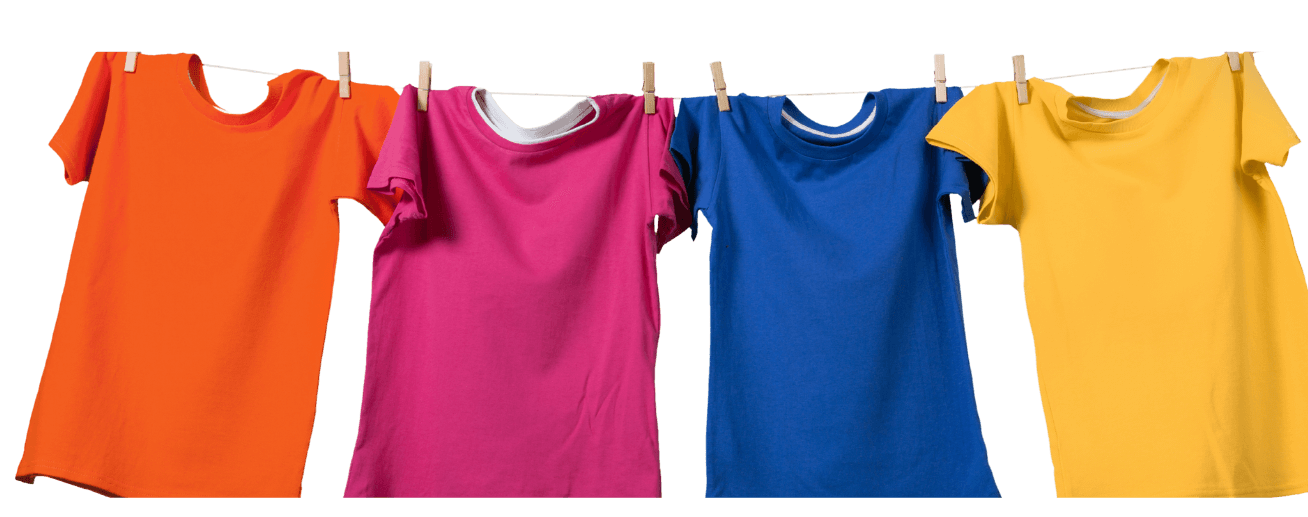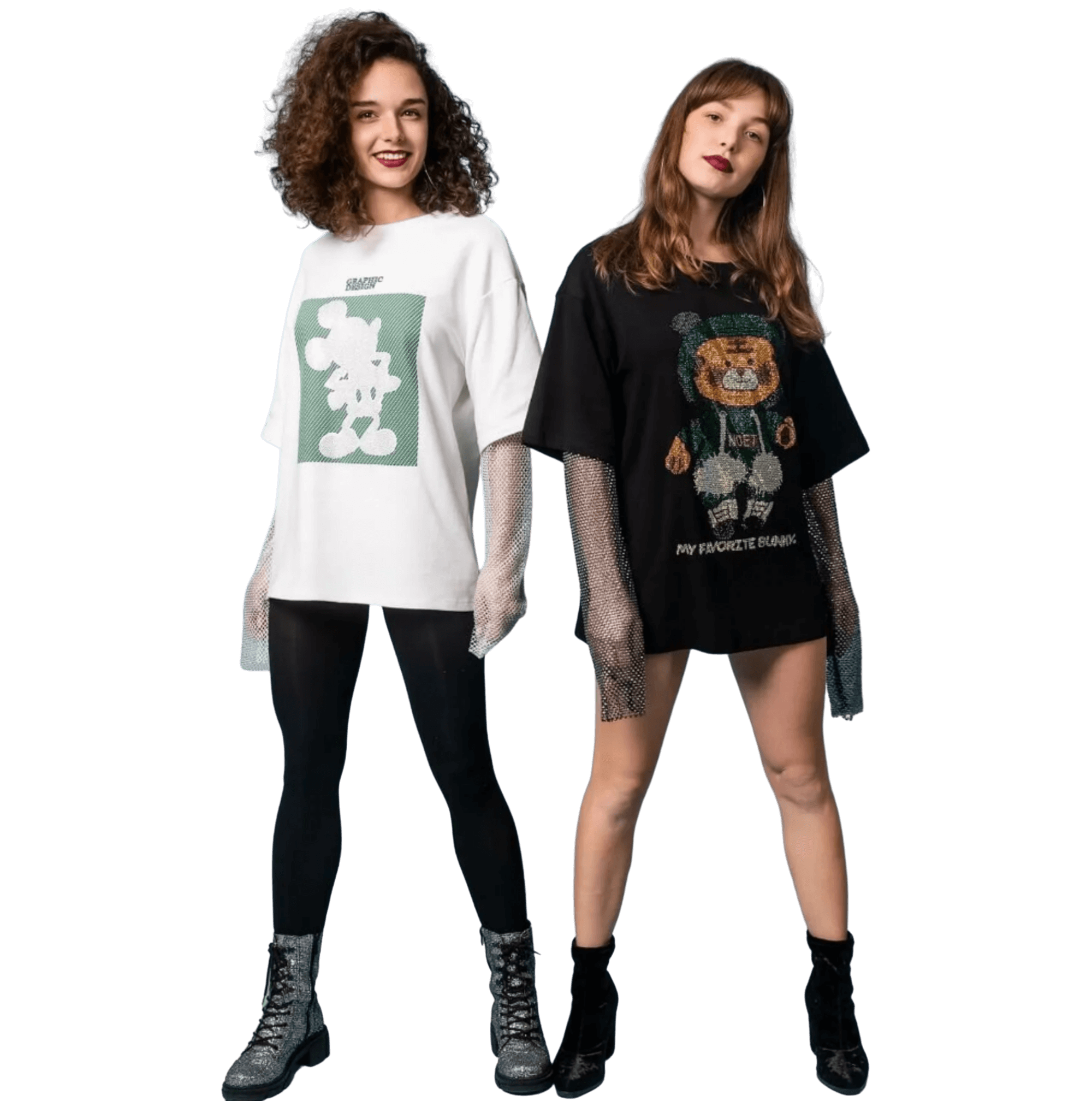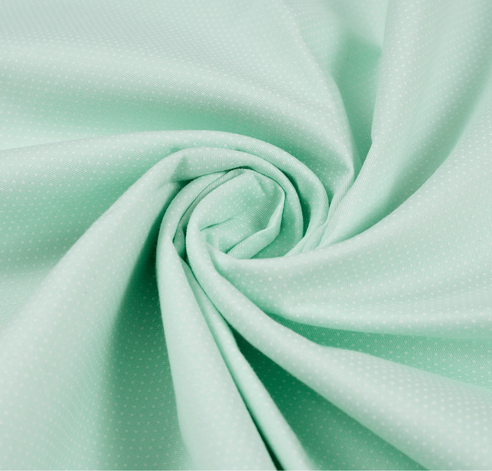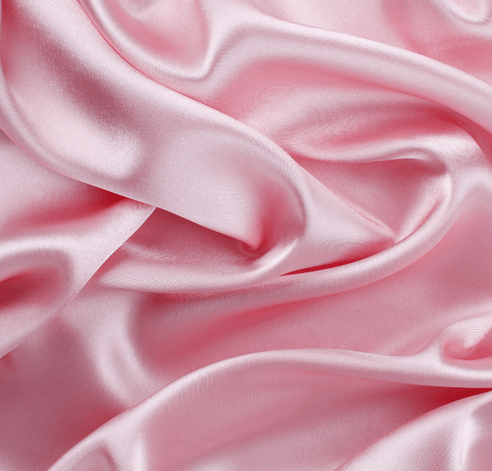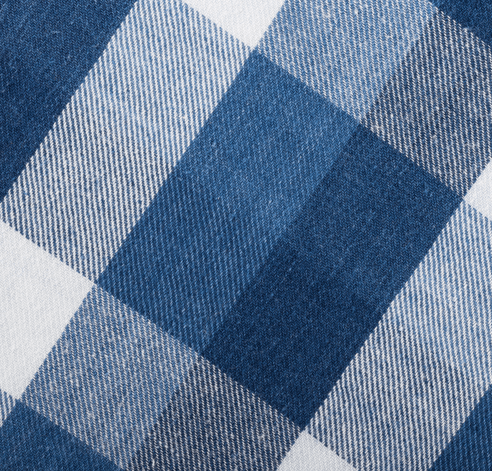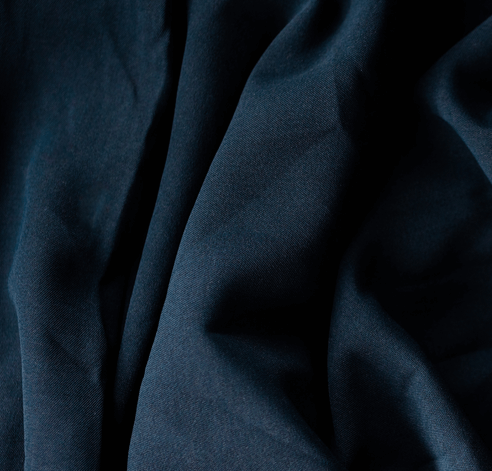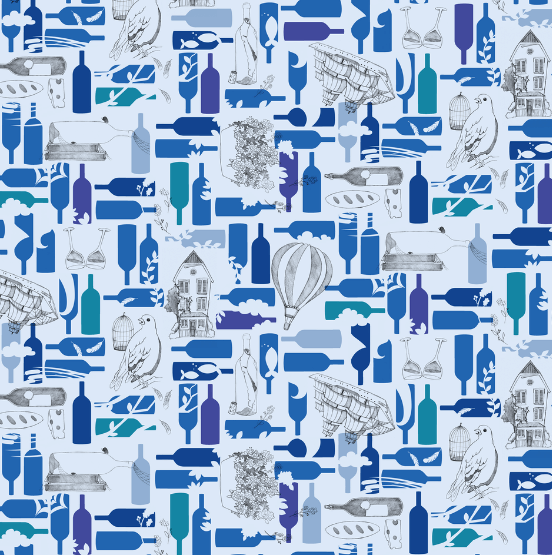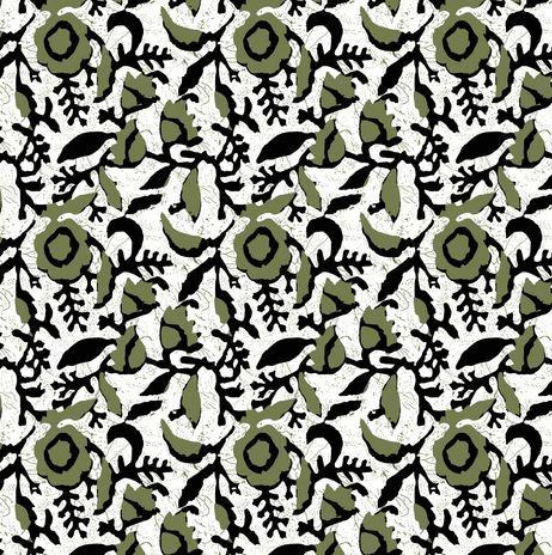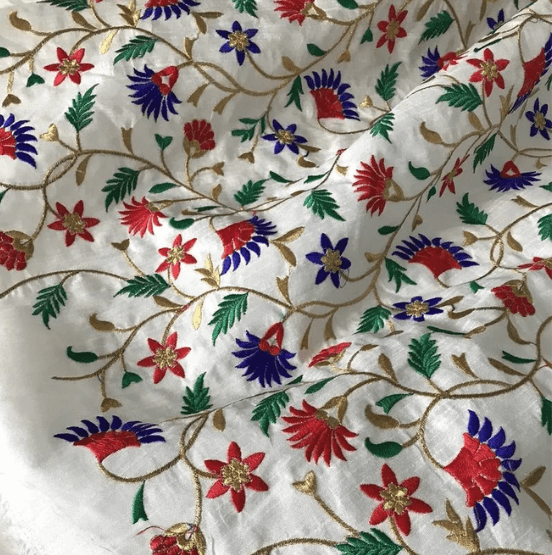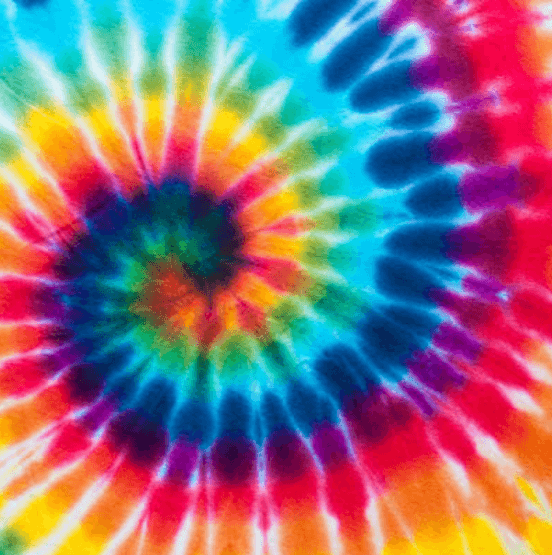1. The History of Shirt Manufacturing
Shirts have been around for centuries, and the manufacturing process has evolved. The first shirts were made from animal skins, which were then stitched together to form a shirt-like garment.
Later, linen and cotton fabric were used to make shirts, and the shirt began to be worn as an undergarment instead of an outer garment. In the early 1800s, shirt manufacturing became industrialized, and machines were used to produce shirts in large quantities.
The first mass-produced shirt was made in 1851 by Levi Strauss. By the late 1800s, shirts manufacturers had begun using synthetic fabrics such as rayon and polyester. Today, most shirts are made from cotton or a blend of cotton and synthetic fabrics.
The manufacture of shirts has changed significantly over time due to advances in technology and changes in fashion trends. Early shirtmakers used manual labor to produce shirts by hand, but today’s shirtmakers use machines to create garments more quickly and efficiently.
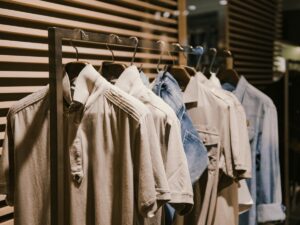
2. Common Shirt Fabrics
A shirt is a piece of clothing that covers the torso and arms. When it comes to shirt fabrics, there are a lot of options out there. Below are the most common fabrics used in the production of these garments:
Cotton
Cotton is a natural fiber that is breathable and absorbent. It is one of the most popular shirt fabrics because it is comfortable and affordable. This fabric is available in a variety of weights and weaves, making it versatile for different shirt styles.
Linen
Linen is a natural fiber made from the flax plant. It is known for its absorbency and breathability, making it a popular choice for summer shirts. This fabric is also wrinkled easily, so it requires special care when washing.
Silk
Silk is a natural protein fiber that is smooth and lustrous. It is often used for high-end shirt fabrics because of its luxurious feel. Silk is also a delicate fabric that requires special care when laundering.
Polyester
Polyester is a synthetic fiber that is known for its wrinkle-resistant properties. It is often used in shirt fabrics because it is durable and easy to care for. However, polyester can be less breathable than natural fibers, making it less ideal for warm-weather shirt styles.
Rayon
Rayon is a synthetic fiber that is made from wood pulp. It is known for its soft, silk-like feel and its absorbent properties. Rayon drapes well, making it a popular choice for shirt fabrics.
Nylon
Nylon is a synthetic fiber made from coal and petroleum. It is usually used to make shirts for activewear or outerwear because it is durable and moisture-resistant.
You can also check this video to learn more about fabric types:
3. Main Types of Shirt
There are many different types of shirts in the market today, each with its own characteristics. The most common types of shirts include: are t-shirts, dress shirts, casual shirts, and sports shirts.
T-Shirts
T-shirts are made from a variety of materials, but they are all typically lightweight and comfortable. They are typically sporty or casual in style, and they can be worn on their own or as part of an outfit. Some t-shirts are also used as undergarments, especially the white ones.
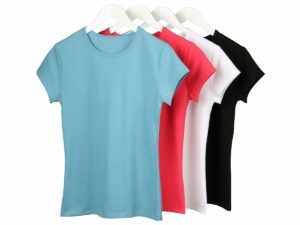
Dress Shirts
Dress shirts are more formal than t-shirts, and they are typically made from nicer materials like cotton or linen. They are designed to be worn with a suit or other formal attire, and they are usually not suitable for casual wear. Dress shirts are available in women’s clothing and they are formed like a dress, but with sleeves.
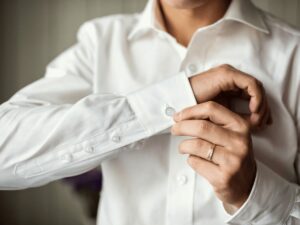
Polo Shirts
Polo shirts are a classic option that can be worn for both casual and semi-formal occasions. They typically have a collar and a placket of buttons down the front.
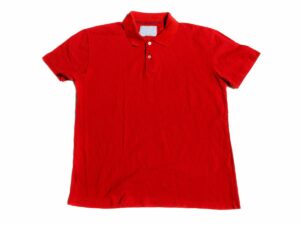
Button-Down Shirts
Button-down shirts are another versatile option that can be dressed up or down. They have a collar and buttons down the front, but they usually have a more tailored look than polo shirts.
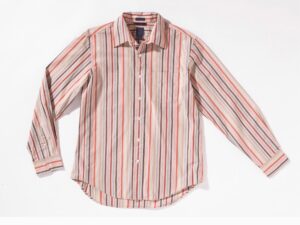
Sport Shirts
Sport shirts are designed for active wear, and they are typically made from sweat-wicking fabrics like polyester or nylon. They often have special features like vents or pockets, and they come in a variety of colors and designs.
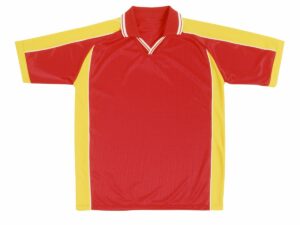
4. Shirt Sizing Guide
Sizing shirts can be tricky, especially when ordering online. To make it easier, we’ve compiled a helpful sizing guide.
| Shirt Sizing Guide |
| Unisex |
XS
|
S |
M |
L |
XL |
2XL |
| Width |
18 |
19 |
20 |
21 1/2 |
23 1/2 |
25 1/2 |
| Length |
27 |
28 |
29 |
30 |
31 |
32 |
| Women’s |
XS
|
S |
M |
L |
XL |
2XL |
| Width |
15 |
16 |
17 |
18 |
19 1/2 |
21 |
| Length |
25 |
26 |
27 |
25 1/2 |
26 1/2 |
27 1/2 |
When taking measurements, be sure to stand up straight and keep the tape measure level. For the chest, measure under your arms and around the fullest part of your chest. For the waist, measure around the narrowest part of your waist. For the hips, measure around the fullest part of your hips.
To find your sleeve length, measure from the bone in your shoulder to your wrist. When choosing a size, remember that shirt sizes can vary depending on the brand.
In general, shirts with a tailored or slim fit will be smaller than shirts with a relaxed or traditional fit. If you’re between sizes, or if you prefer a more fitted look, it’s usually best to choose the smaller size.
5. The Scale of Shirt Formality
The way we dress sends a message about who we are, our level of authority, and how seriously we take ourselves. As a clothing brand, it’s important to understand the different levels of formality when it comes to clothing, especially shirts. Here’s a quick guide:
Streetwear
Streetwear is the most casual shirt style and is what you would typically wear on a day off. T-shirts, tank tops, and button-downs are all considered streetwear.
Casual
Casual shirts are slightly more dressy than streetwear but still fairly relaxed. Examples include polo shirts, flannel shirts, and denim shirts.
Business Casual
Business casual is what it sounds like – it’s still professional, but you have more leeway in terms of what you can wear.
Smart Casual
Smart casual is business casual’s more relaxed cousin. reserved for after-work drinks or social events.
Business Attire
Business attire is the next step up and is what you would wear to client meetings or presentations.
Formal Attire
Formal attire is typically only worn to black-tie events or very formal occasions such as a gala or a wedding.
6. Start Your Own Shirt Brand: From Zero to Launch
If you’re looking to start your shirt brand, here’s a quick guide on how to get started.
Step#1 Research Your Niche
What type of shirt do you want to sell? Who is your target market? How will your shirts be different from what is already available? Spend some time researching the shirt industry and your potential competition.
Step#2 Create a Business Plan
Once you have a good understanding of the shirt market and your place in it, you need to create a business plan. This should include your business goals, strategies for marketing and selling your shirts, and financial projections.
Step#3 Find a Manufacturer
You will need to find a reliable manufacturer who can produce high-quality shirts at a reasonable price. Get quotes from several different high quality clothing manufacturers before making your decision.
Step#4 Design Your Shirts
Once you have found a manufacturer, you need to design your shirts. If you are not a graphic designer, you may want to hire someone to help you with this step. Make sure your designs are unique and that they accurately reflect your brand identity.
Step#5 Launch Your Brand
Once you have designed your shirts and created a marketing plan, you are ready to launch your brand. Start by selling your shirts online or at local events.
You can also distribute them through retail stores or other channels. Monitor your sales and adjust your marketing strategies as needed to ensure that your shirt brand is successful.
7. 6 Cost Factors You Should Be Aware of
When it comes to shirt manufacturing, there are several cost factors you need to keep in mind. The following six factors will have the biggest impact on your bottom line.
#1 Labor
This is by far the largest cost when it comes to manufacturing shirts. wages have been on the rise in most countries, so it’s important to factor this into your budget.
#2 Material
The type of fabric you use will also impact your costs. Natural fibers like cotton and linen are usually more expensive than synthetic fibers like polyester.
#3 Printing
If you plan on printing designs on your shirts, the cost of printing will need to be factored in as well. Screen printing is usually the most economical option for small runs of shirts.
#4 Embroidery
Embroidery can also be a nice touch for dress shirts or polo shirts. However, the cost of embroidery can add up quickly, so it’s important to factor this into your budget as well.
#4 Shipping
Depending on where you’re shipping your shirts, the cost of shipping can be significant. If you’re shipping internationally, there may be customs charges that need to be paid as well.
#6 Taxes
Last but not least, don’t forget to factor in any taxes that may apply to your shirt manufacturing costs. In some cases, taxes can add a significant amount to your overall budget.
8. How to Get Started Working With Clothing Manufacturer
Are you looking to start your fashion line? Maybe you have some great ideas for new clothing designs but don’t know how to get started. Below are the steps you need to take to work with the right shirt garment factory for your fashion brand:
Step#1 Research Your Clothing Manufacturer Options
There are many different types of quality shirt manufacturers, each with its own strengths and weaknesses. You must take the time to find the right one for your needs. You can use online directories, trade shows, and personal recommendations to find a clothing manufacturer that meets your criteria.
Step#2 Schedule a Meeting
Once you’ve found a few options, it’s time to start reaching out and scheduling meetings. This will give you a chance to learn more about their capabilities, ask any questions you have, and get a feel for their customer service.
Step#3 Request Quotes and Compare Pricing
Once you’ve met with a few different bulk shirts manufacturers, it’s time to start narrowing down your options based on price. Request quotes from each of your top choices and compare them side-by-side to see which one is the most affordable.
Step#4 Review Samples of Their Work
Once you’ve chosen a few wholesale shirt suppliers to work with, it’s time to take a closer look at their workmanship. Ask for samples of their previous work so you can see for yourself how they measure up.
Step#5 Make Your Final Decision and Place Your Order
After doing all of your research, it’s finally time to make a decision and place your order. Work with your chosen manufacturer to finalize the details of your order and get started on bringing your vision to life!
9. 4 Traps to Avoid When Working With Clothing Manufacturers
As any fashion designer knows, working with the best wholesale shirt suppliers is essential to getting your designs made and into the hands of consumers. But the process is not without its pitfalls. Here are four traps to avoid when working with top shirt manufacturers:
#1 Not Doing Your Research
It’s important to do your homework when selecting a clothing manufacturer. Make sure to check references and reviews, and get a clear understanding of their capabilities and experience.
#2 Not Communicating Clearly
Once you’ve selected a manufacturer, it’s essential to communicate your vision and expectations clearly. Be sure to provide detailed specifications for each garment, and be available to answer questions or address concerns along the way.
#3 Not Being Patient
The manufacturing process can take time, so it’s important to be patient. Rushing a manufacturer can lead to errors or subpar quality, so it’s better to allow ample time for production.
#4 Not Being Flexible
Despite your best efforts, there may be times when things don’t go exactly as planned. In these cases, it’s important to be flexible and work with the manufacturer to find a solution that meets your needs.
Dive Deeper Into Our Resources
For some insightful reads, we’ve curated a list of recommended articles just for you:
Still haven’t found what you’re looking for? Don’t hesitate to contact us. We’re available around the clock to assist you.
Conclusion
As a fashion brand, it is important to stay up-to-date on the latest trends to create products that appeal to your customers. But don’t forget about the basics! Make sure you are designing shirts that fit well and are of good quality.
We at Hongyu Apparel can help your business get started. We can help you from start to finish, from design to production. We specialize in custom shirt manufacturing, and we are dedicated to providing our clients with the best possible experience. We have more than 20 years of experience in providing high-quality clothing products such as tshirt, swimwear, streetwear, sleepwear and many more. Contact us today to learn more!
